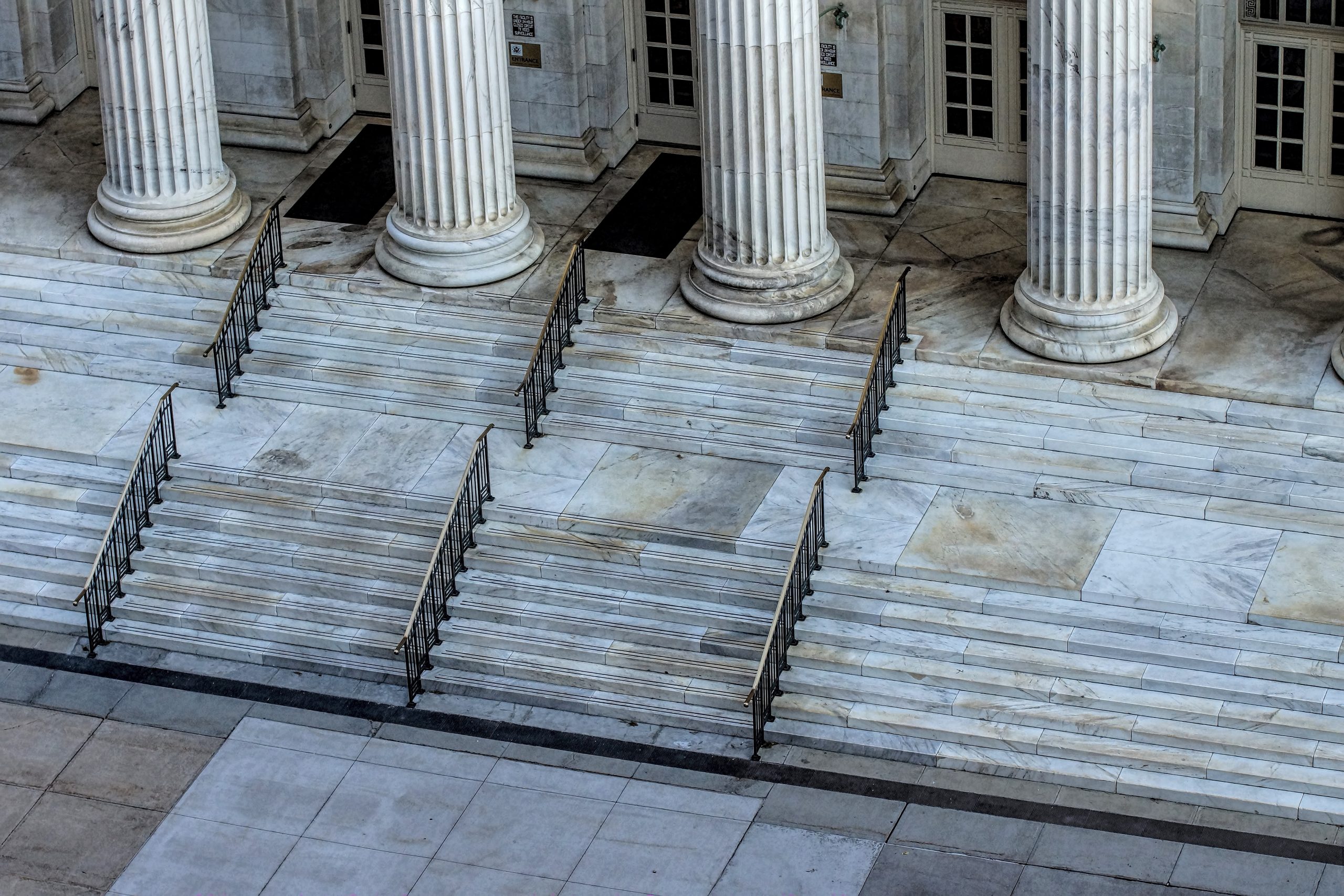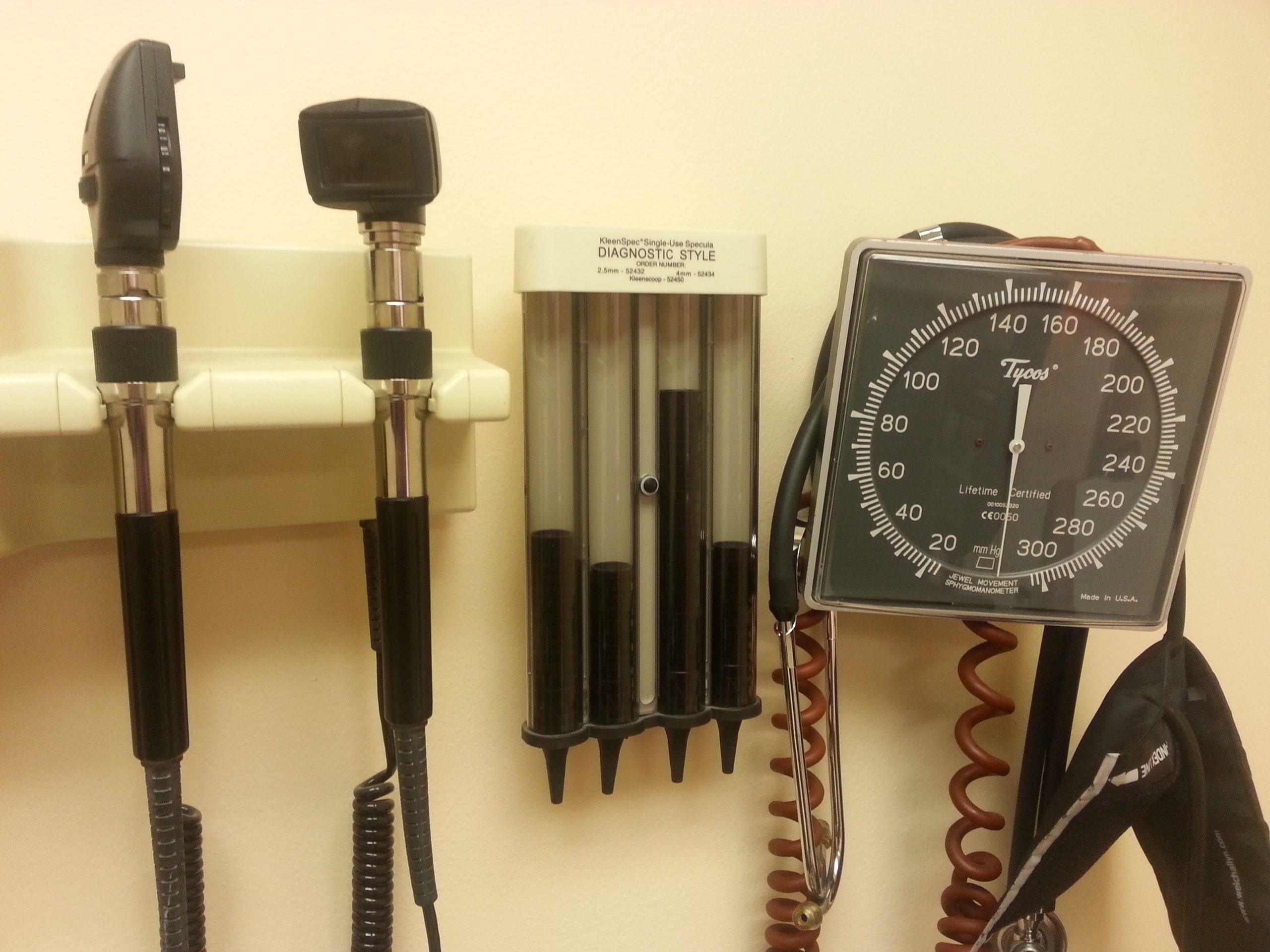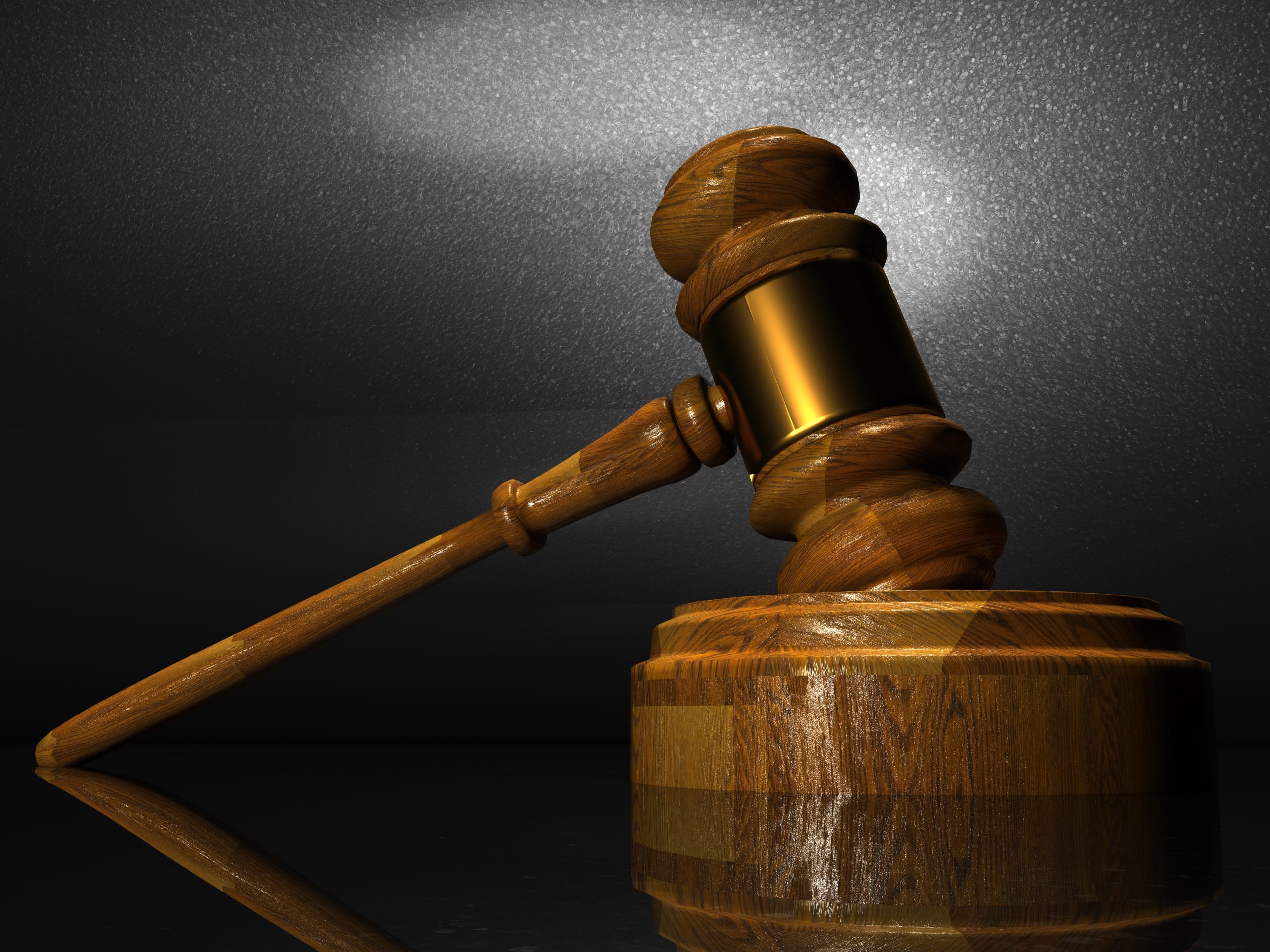 When tragedy strikes, seconds matter. Any delay to the emergency response network can cost lives and livelihoods. When a train runs through an intersection, all activity has to yield to that train. What follows is the calamitous story of how a train may have prevented EMS from responding to a fatal accident. It also helps answer the question; Can a train be held liable for the delay in emergency services?
When tragedy strikes, seconds matter. Any delay to the emergency response network can cost lives and livelihoods. When a train runs through an intersection, all activity has to yield to that train. What follows is the calamitous story of how a train may have prevented EMS from responding to a fatal accident. It also helps answer the question; Can a train be held liable for the delay in emergency services?
Wilson Battley Jr. was driving down the road when he ran into a turning tractor-trailer. Fire and police crews swarmed the area to get Mr. Battley out from under the tractor-trailer. Unfortunately, while this accident unfolded, a KCS train entered and blocked the western side of the intersection where Mr. Battley was stuck. Wilson died under that truck before emergency services could get him out.
Wilson’s surviving family sued KCS, the train company, for knowingly blocking the intersection and delaying emergency services. Wilson claimed the train conductors knew about the accident and decided to block the intersection anyway, thus delaying emergency services which quickened Wilson’s death. In the 19th judicial district, the court awarded summary judgment to KCS because the court found Wilson had failed to present evidence that any emergency services were delayed due to the train. On appeal in the First Circuit Court of Louisiana, the court considered the testimony presented from both sides to determine if anyone was delayed by the train.
 Insurance Dispute Lawyer Blog
Insurance Dispute Lawyer Blog


 Losing a loved one is hard enough. What happens, however, when multiple people claim they have a right to the same property the decedent owns at the time of their death? Cases involving multiple parties and claimants can get tricky, especially when one claimant was the decedent’s spouse and the other was their descendant, as was the case in the following lawsuit.
Losing a loved one is hard enough. What happens, however, when multiple people claim they have a right to the same property the decedent owns at the time of their death? Cases involving multiple parties and claimants can get tricky, especially when one claimant was the decedent’s spouse and the other was their descendant, as was the case in the following lawsuit.  If an individual is unable to care for themself or manage their financial or business affairs, legal intervention in the form of interdiction may be appropriate. If a court finds interdiction to be warranted, it may assign another person to make decisions for the disabled. The following case demonstrates when a court may deny an interdiction assertion.
If an individual is unable to care for themself or manage their financial or business affairs, legal intervention in the form of interdiction may be appropriate. If a court finds interdiction to be warranted, it may assign another person to make decisions for the disabled. The following case demonstrates when a court may deny an interdiction assertion.  Winning a lawsuit against an employer can be challenging. Employees are often transient, while the employer is an anchor in their community. Employer responsibility for an employee’s negligent action requires significant factual evidence. In a recent case out of St. John the Baptist Parish, a missing former employee and a lack of facts prevented the injured party from winning.
Winning a lawsuit against an employer can be challenging. Employees are often transient, while the employer is an anchor in their community. Employer responsibility for an employee’s negligent action requires significant factual evidence. In a recent case out of St. John the Baptist Parish, a missing former employee and a lack of facts prevented the injured party from winning.  After a medical malpractice-induced injury, patients may need significant awards of damages to cover the expenses of a resulting disability. A case in Shreveport shows how to present substantial evidence of an ongoing need for care. It also helps answer the question; What kind of Evidence is Needed to Prove Future Medical Benefits in a Medical Malpractice Lawsuit?
After a medical malpractice-induced injury, patients may need significant awards of damages to cover the expenses of a resulting disability. A case in Shreveport shows how to present substantial evidence of an ongoing need for care. It also helps answer the question; What kind of Evidence is Needed to Prove Future Medical Benefits in a Medical Malpractice Lawsuit?
 Imagine being on a jury – everything you hear has gone through a process of admittance to be used as evidence during the trial. What the jury is told often plays a role in what the jury thinks of the parties and how it assigns blame amongst them. The following lawsuit explores what happens when a defendant challenges the admittance of a piece of evidence it believes unfairly swayed the jury against it. It also helps answer the question; can a litigant exclude evidence in a car accident lawsuit?
Imagine being on a jury – everything you hear has gone through a process of admittance to be used as evidence during the trial. What the jury is told often plays a role in what the jury thinks of the parties and how it assigns blame amongst them. The following lawsuit explores what happens when a defendant challenges the admittance of a piece of evidence it believes unfairly swayed the jury against it. It also helps answer the question; can a litigant exclude evidence in a car accident lawsuit? When people are injured at work, they expect to be compensated for an extended period. However, worker’s compensation can be hard to recover. So how does a pre-existing injury affect your workers’ compensation claim? The following lawsuit from Metairie, Louisiana, helps answer this question.
When people are injured at work, they expect to be compensated for an extended period. However, worker’s compensation can be hard to recover. So how does a pre-existing injury affect your workers’ compensation claim? The following lawsuit from Metairie, Louisiana, helps answer this question.  Personal injury cases can often drag out for years in a confusing manner. This is especially true when there are disagreements about the proper venue and subject matter jurisdiction. A recent appeal discussed below tackles the challenges of dismissal of actions due to a lack of jurisdiction and the timing requirement of prescription.
Personal injury cases can often drag out for years in a confusing manner. This is especially true when there are disagreements about the proper venue and subject matter jurisdiction. A recent appeal discussed below tackles the challenges of dismissal of actions due to a lack of jurisdiction and the timing requirement of prescription. When injured on the job, your doctor knows best until you get a second opinion. While your primary care doctor may advise you to recover instead of resume working right away, if you get a second opinion that finds you capable of working, that second opinion can trump your primary care doctor’s opinion.
When injured on the job, your doctor knows best until you get a second opinion. While your primary care doctor may advise you to recover instead of resume working right away, if you get a second opinion that finds you capable of working, that second opinion can trump your primary care doctor’s opinion.